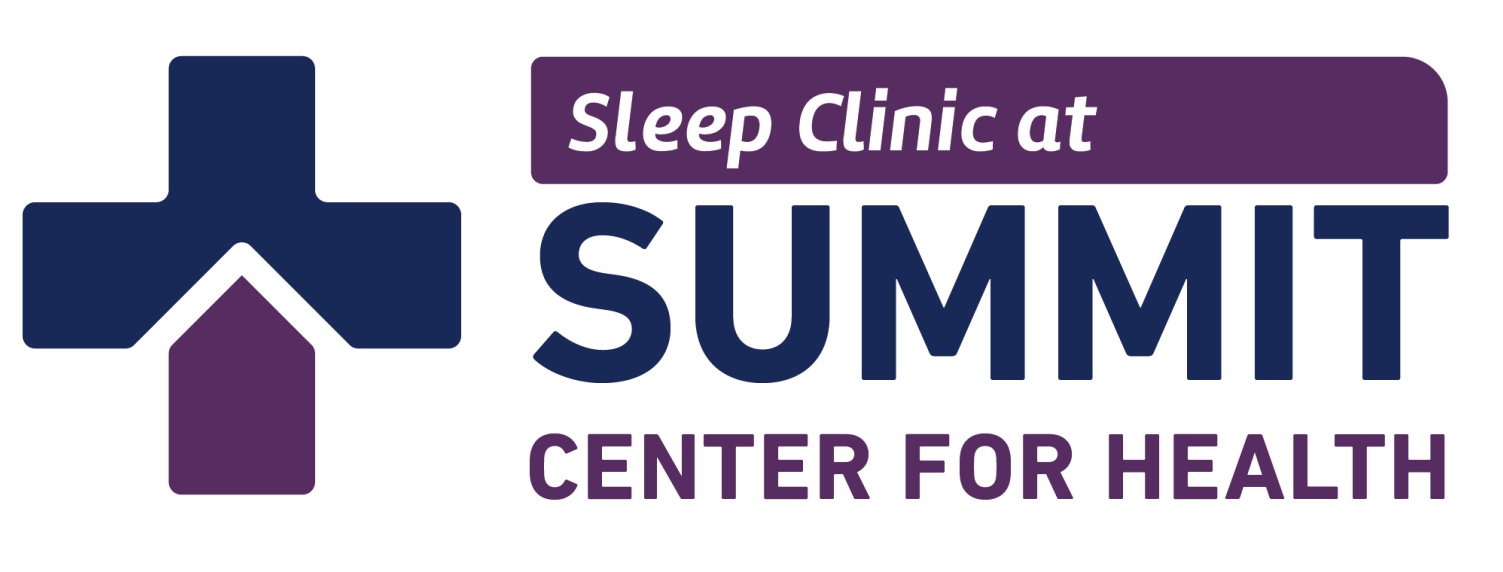Understanding Sleep Disorders
Sleep Clinic at Summit Center for Health in Oakbrook Terrace, Illinois
Schedule an appointmentAn estimated 70 million Americans suffer from sleep disorders, but they can be very hard to identify without professional evaluation. Why? Because there are at least 80 different disorders that can interfere with healthy sleeping patterns.
Why is a sleep disorder so important to diagnose and treat? Simply put, sleeping is like food and water. Not getting enough of it can severely impact your ability to function. It can also threaten your physical, emotional and mental well-being.
Any medical condition that interferes with sleeping patterns is considered a sleep disorder. You may also hear the word “somnipathy,” which is just another word for sleep disorders.
Many health issues and lifestyle habits can interfere with quality rest. These include excess weight, sleepwalking, breathing issues, teeth grinding, bedwetting and nightmares.
Sleep Disorder Symptoms
It can be hard to know if your trouble sleeping is just a temporary blip that’s making you a little groggy for now -- or a sleeping disorder serious enough to merit medical treatment. But if you have at least one of these symptoms, talking to your doctor about a sleep study is a wise move:
- Feeling like you can’t breathe normally while falling asleep
- Constant fatigue
- Getting normal amounts of sleep, but still feeling tired
- Chronic headaches
- Feeling mentally foggy
- Snoring
- Relying on ever-increasing amounts of caffeine to function
- Falling asleep while driving, or feeling extremely fatigued while driving
- Decreased sex drive
- Receiving comments about how tired you look
- Increased irritability or sadness
- Weight gain
- Violent body movements during sleep
Can A Sleep Study Help?
Do any of these problems seem familiar? If so, a sleep study can help you understand where the problem or problems lie. Many people worry that their “little issue” doesn’t warrant being hooked up to sensors and evaluated at a special lab. Yet there are serious health risks associated with not addressing sleep disorders.
Consequences of an untreated sleep disorder can include diabetes, obesity, hypertension, stroke, clinical depression and anxiety. You also face a greater chance of injury through accidents involving your vehicle, equipment at work, and other machinery. Even exercising can pose a risk if your balance and focus are compromised.
